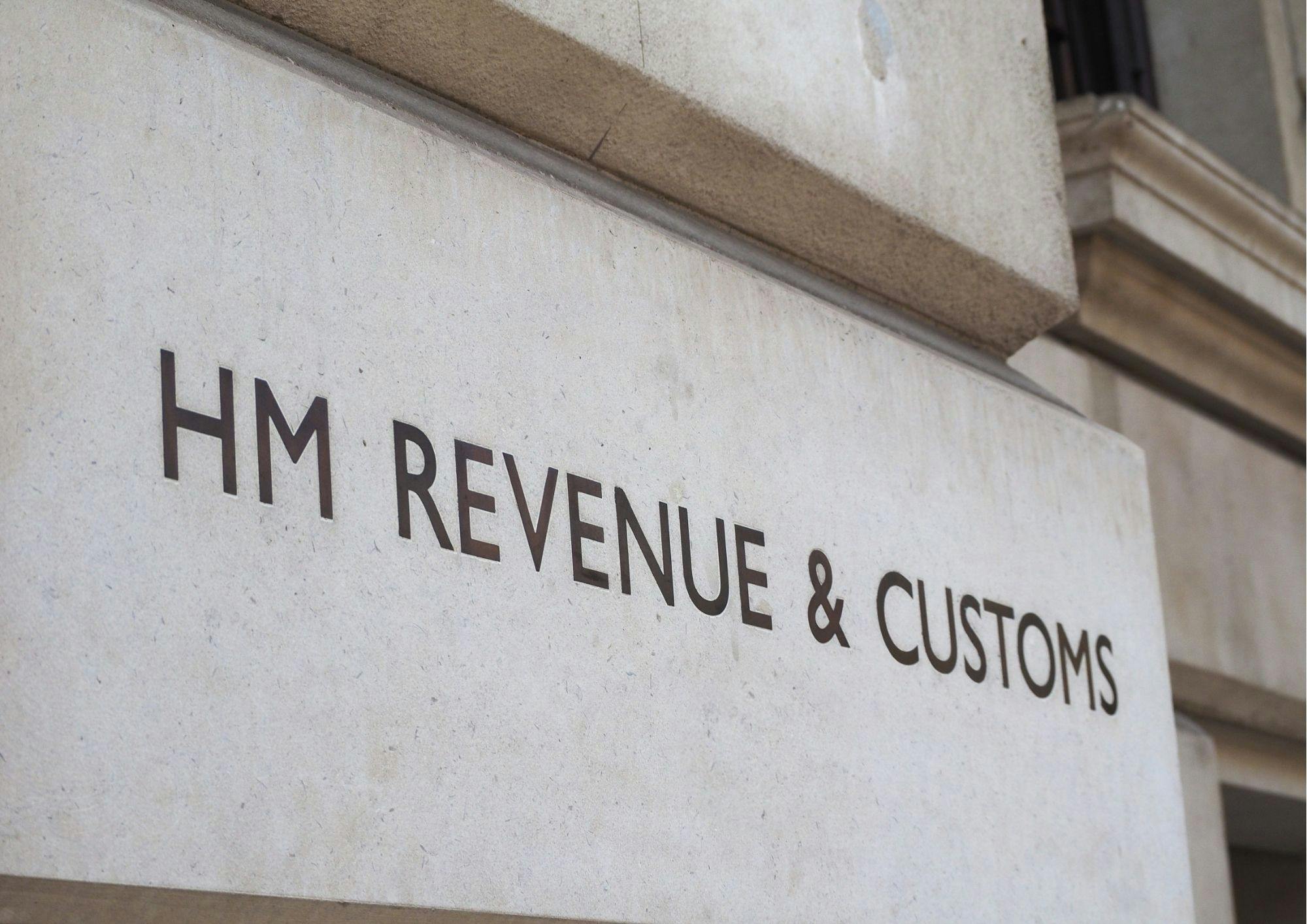The new Late Penalties rules will apply to payments due from VAT businesses (replacing the Default surcharge provisions) and Income Tax Self-Assessment (ITSA) taxpayers. It is in addition to penalties charged for late submission of returns.
The starting point is obviously that all taxpayers have a legal obligation to pay their tax on time. HMRC will charge interest (currently at the Bank of England base rate plus 2.5%) on tax paid late to reflect the fact that you have had the commercial advantage of holding on to their funds. The penalty regime comes on top of that as a fine for leaving the tax unpaid.
- Initially there will be a short period of grace where you won’t incur a penalty, provided you pay your tax liability within 15 days after the due date of payment. This will allow for some of the delays which can occur if bills aren’t confirmed until close to the due date or if payments take a few days to clear.
- However, any tax unpaid after Day 15 attracts the ‘First Penalty’. This is set at 2% of the outstanding amount. If any tax is still unpaid after Day 30, the penalty is broadly 4% (being 2% of the tax outstanding after Day 15 plus a further 2% of the tax outstanding at Day 30).
- If the tax is still unpaid on Day 31, the ‘Second Penalty’ applies. This accrues on a daily basis, at a rate of 4% per annum, on any outstanding tax.
You can clearly avoid the penalties by paying the tax as soon as possible.
If you have what HMRC considers to be a ‘reasonable excuse’ or special circumstances for not doing so, they have the discretion to reduce or disapply the penalties. In particular, they’ve said that in the first year the regime applies, they will apply a ‘light touch’ to the initial 2% penalty.
However, reasonable excuse doesn’t cover not having ready funds. In that case, the best advice is to agree a Time-to-Pay (TTP) arrangement with HMRC. If you approach HMRC and agree a timetable to pay the outstanding amount, then penalties will stop from that agreement date, as long as you then stick to that agreement. Interest will continue to accrue on both the unpaid tax and unpaid penalties.
Example
Let’s assume you have outstanding tax of £10,000.
| Days after due date | Action taken | Penalty (%) | Penalty (£) |
| 0-15 | Pay the tax or propose a TPP which is agreed | 0% | No penalty is payable |
| 16-30 | Pay the tax or propose a TPP which is agreed | 2%* | £200.00 |
| 30 | No action | 4% | £400.00 |
| 31 onwards | Until tax is paid or a TPP is agreed | 4% per annum | £1.10 a day |
*subject to the light touch in
the first year
Although these rules apply in the same way, the effective dates from which the new regime will be implemented is different dependent on the type of tax:
- For VAT, the rules apply for accounting periods beginning on or after 1 April 2022;
- For ITSA taxpayers with business or property income over £10,000 per annum, they apply for accounting periods beginning on or after 6 April 2023; and
- For all other ITSA taxpayers, it will be accounting periods beginning on or after 6 April 2024.
It won’t have escaped your notice that these changes are taking place at the same time as both introduction of Making Tax Digital (MTD) for ITSA and the proposed changes to basis periods. The announcement on 23 September of a delay to MTD for ITSA has had a knock-on effect of pushing back the effective dates for ITSA taxpayers which were originally April 2023 and April 2024.
While it’s to be hoped that we will end up with a more straightforward and consistent system, getting there may be stressful!









